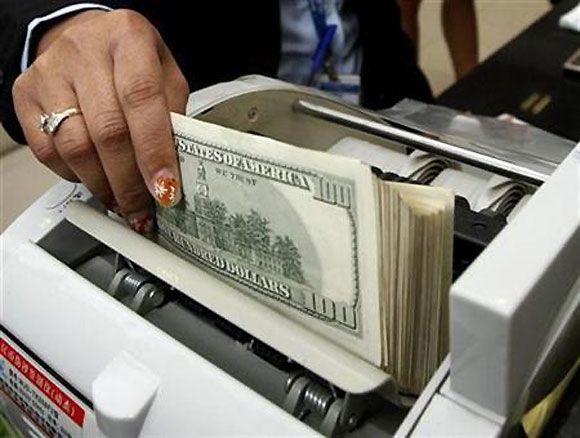 The Reserve Bank of India (RBI) has raised concern on the fact that the rise in asset prices isn't accompanied by an increase in real activities in various nations.
The Reserve Bank of India (RBI) has raised concern on the fact that the rise in asset prices isn't accompanied by an increase in real activities in various nations.
"Monetary policies across the world are boosting asset prices, rather than real activity.
If asset prices leak out in a sharp way, it will create immense volatility. We central bankers, certainly my colleagues in industrial countries, are trying too hard," RBI Governor Raghuram Rajan said at an event on Monday.
He cautioned when the US started raising interest rates, India would be tested.
"My hope is we have done enough in terms of strengthening the macroeconomic fundamentals of the country, trying to move capital flows towards the safer end, as well as building up reserves so that the volatility will not affect us to the extent it did last year," he said.
In the past, demonetisation has been thought of as a way to get black money out of circulation. But Rajan feels the clever find ways to circumvent this.
"There are ways around this; it is not that easy to flush out black money. A fair amount might, of course, be in the form of gold and, therefore, harder to access.
There is a need to focus more on the incentives to generate and retain black money. A lot of these incentives are around taxes," he said. The best cushion to tackle uncertainty was equity, he added.
"We need to bring more equity into the system. Some of it could come from promoters, some from the public," he said, adding relying on foreigners might not be enough.
Rajan said expecting the government to provide all solutions wasn't right.
"The problem with looking for too much from the government is it isn't clear whether the government is the best risk manager in the economy. Often, when the government offers guarantees, it under-prices those," he said.
On financial inclusion, he said a drive in this regard, likely to be announced by Prime Minister Narendra Modi on August 15, would "break a link between poor public service, patronage, and corruption that is growing more worrisome…
When fully rolled out, I believe it will give the poor the choice and respect as well as the services they had to beg for in the past".
He emphasised cash transfers, saying "money liberates and empowers".
To ensure people didn't squander the money on alcohol, etc, Rajan said these funds could be transferred to women, who were, by and large, more careful at spending.
Aspects such as linking such transfers to conditions such as children attending school regularly could also be considered, he said.
For such transfers, profitability for banks was vital, he said, adding the Centre could pay banks commission for transfers.
Rajan also said RBI was considering simplifying know-your-customer norms.
The central bank's efforts to open payment banks and small local banks were directed at deepening financial inclusion.
"We are strengthening the customer grievance redressal mechanism, while looking to expand supervision, market intelligence and coordination with law-and-order agencies to reduce the proliferation of fly-by-night operators," he said.
(With inputs from PTI)











 © 2025
© 2025